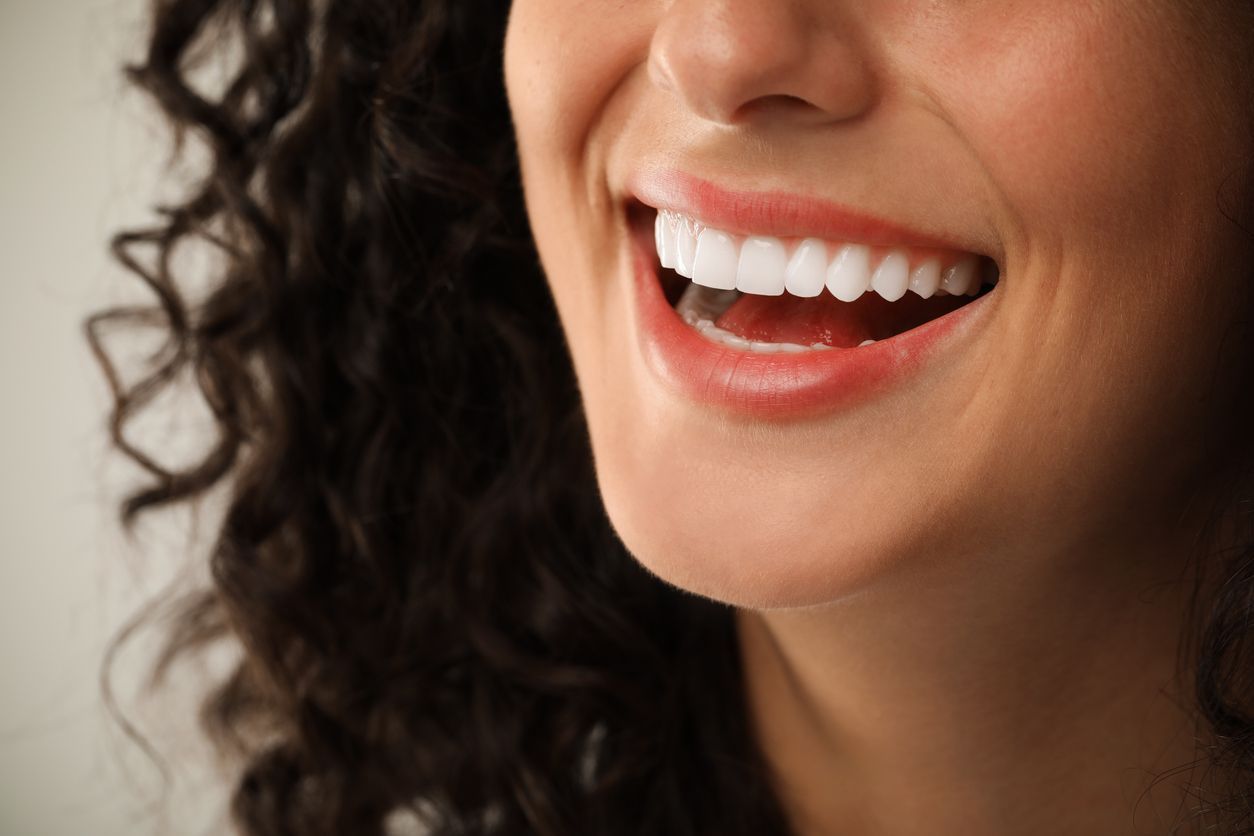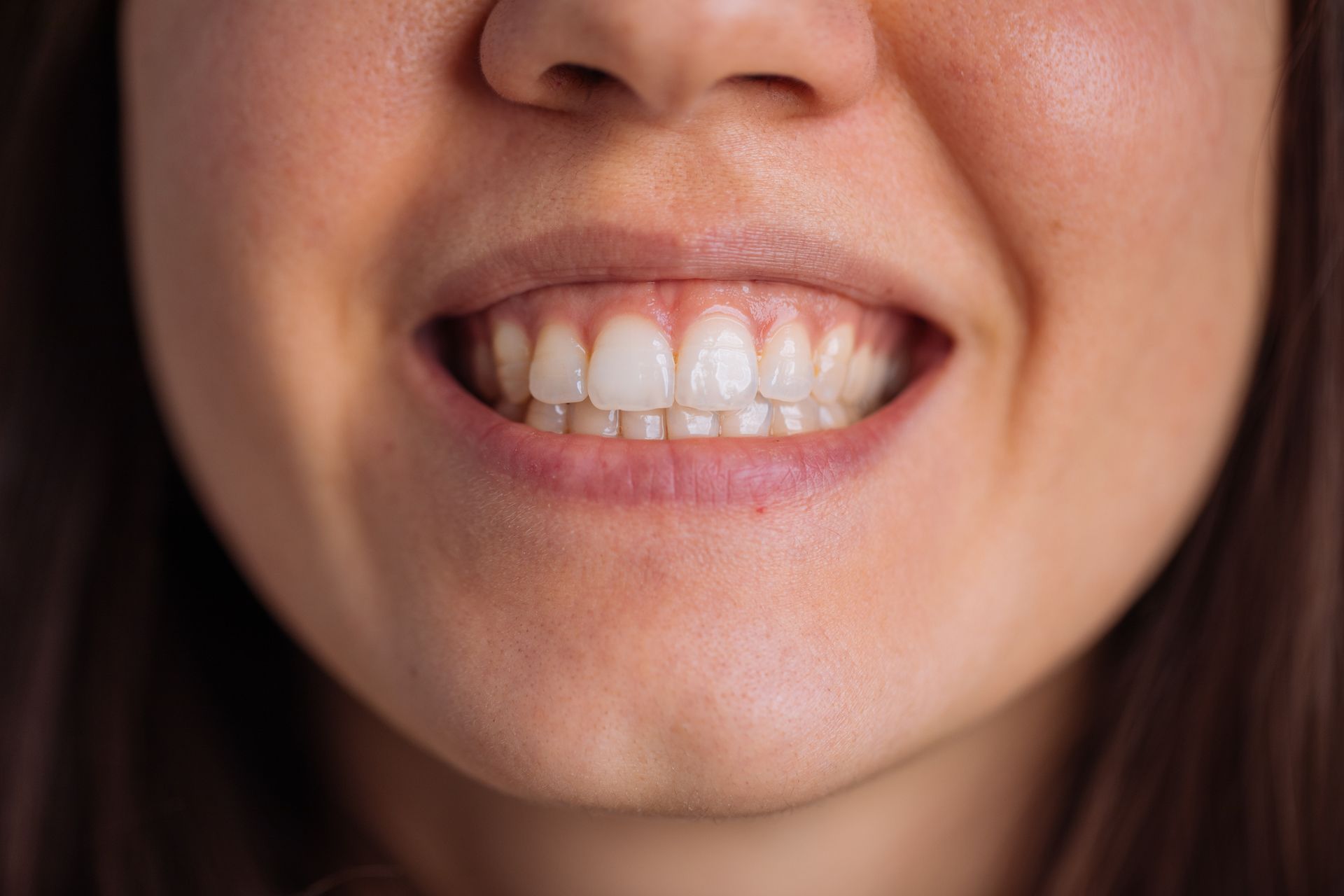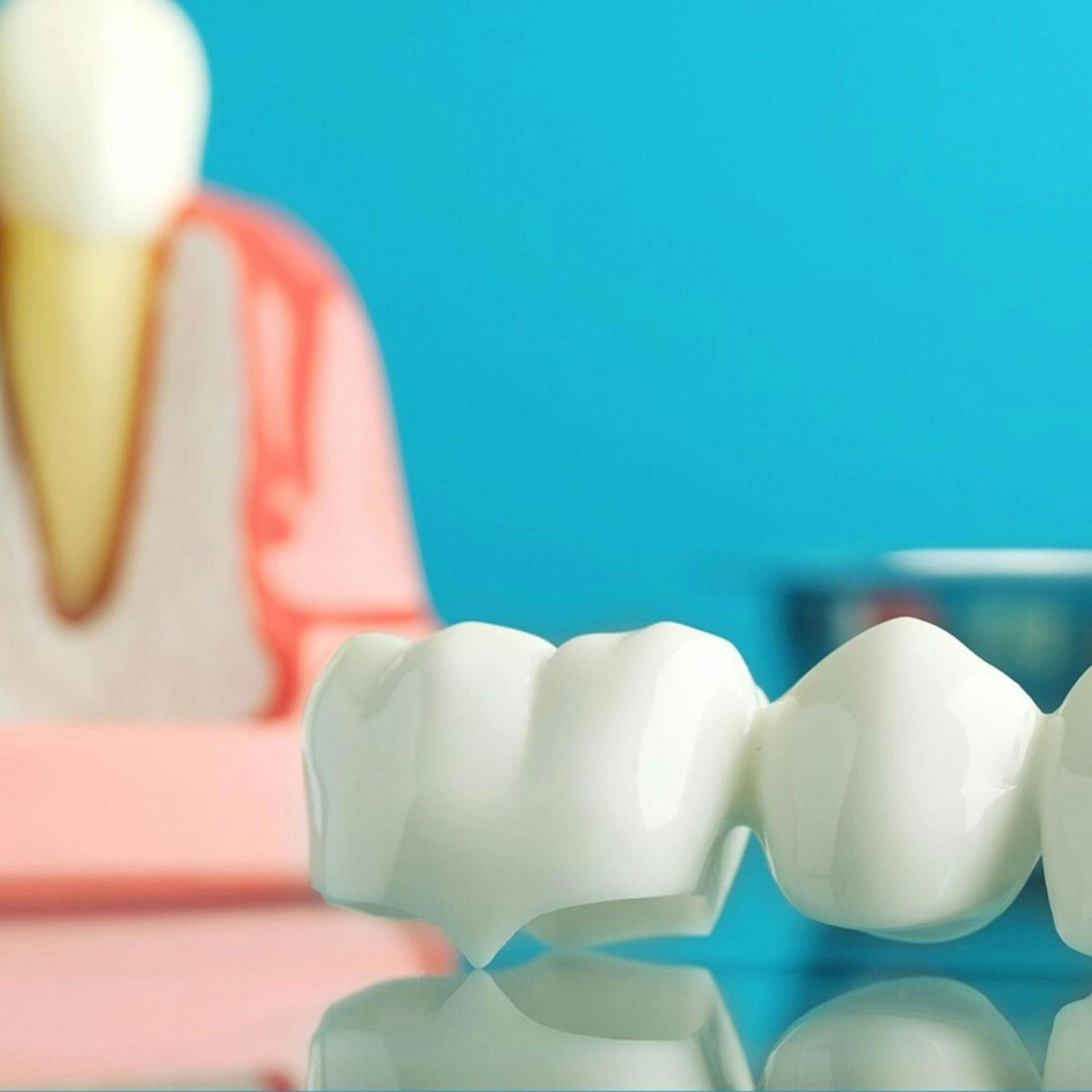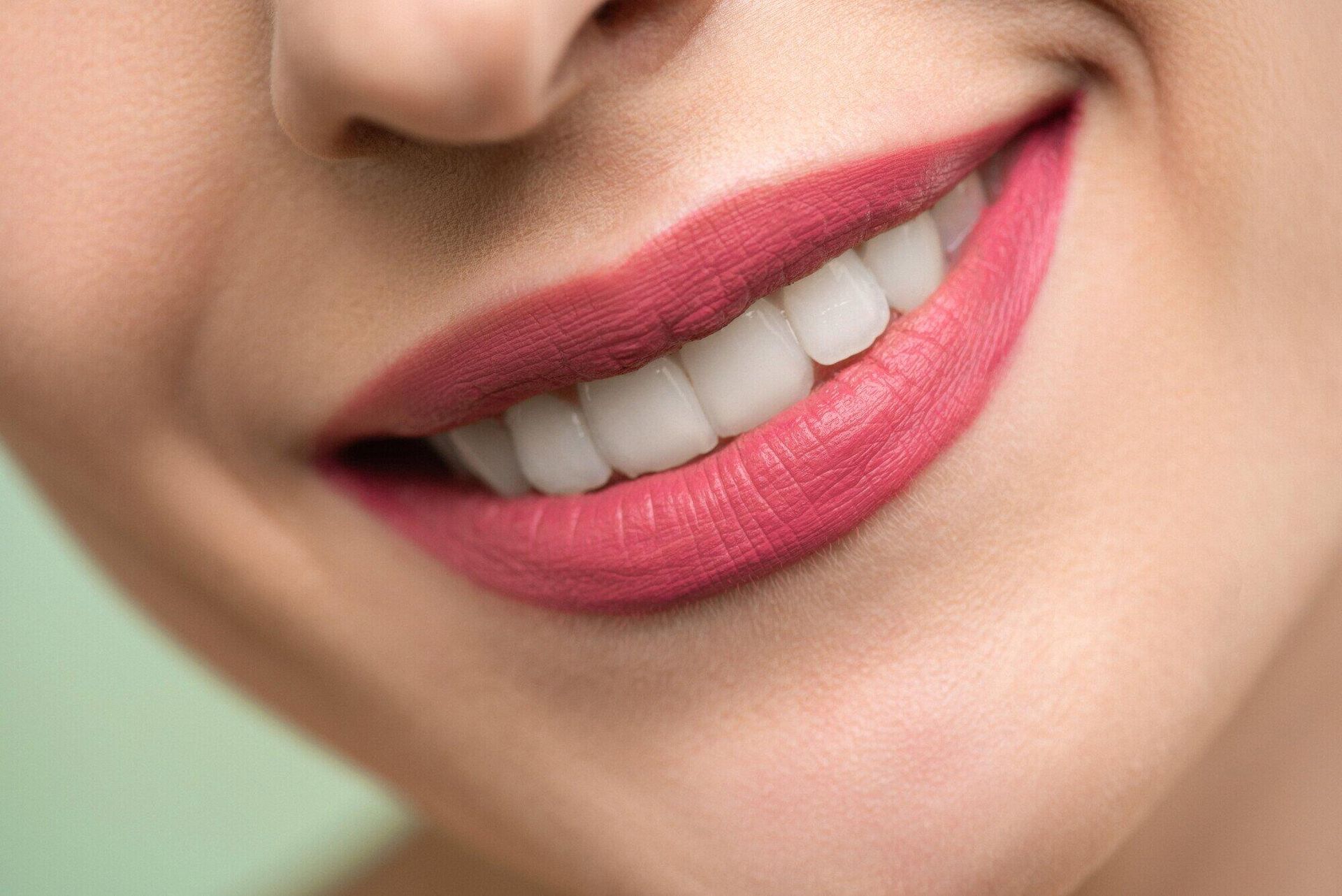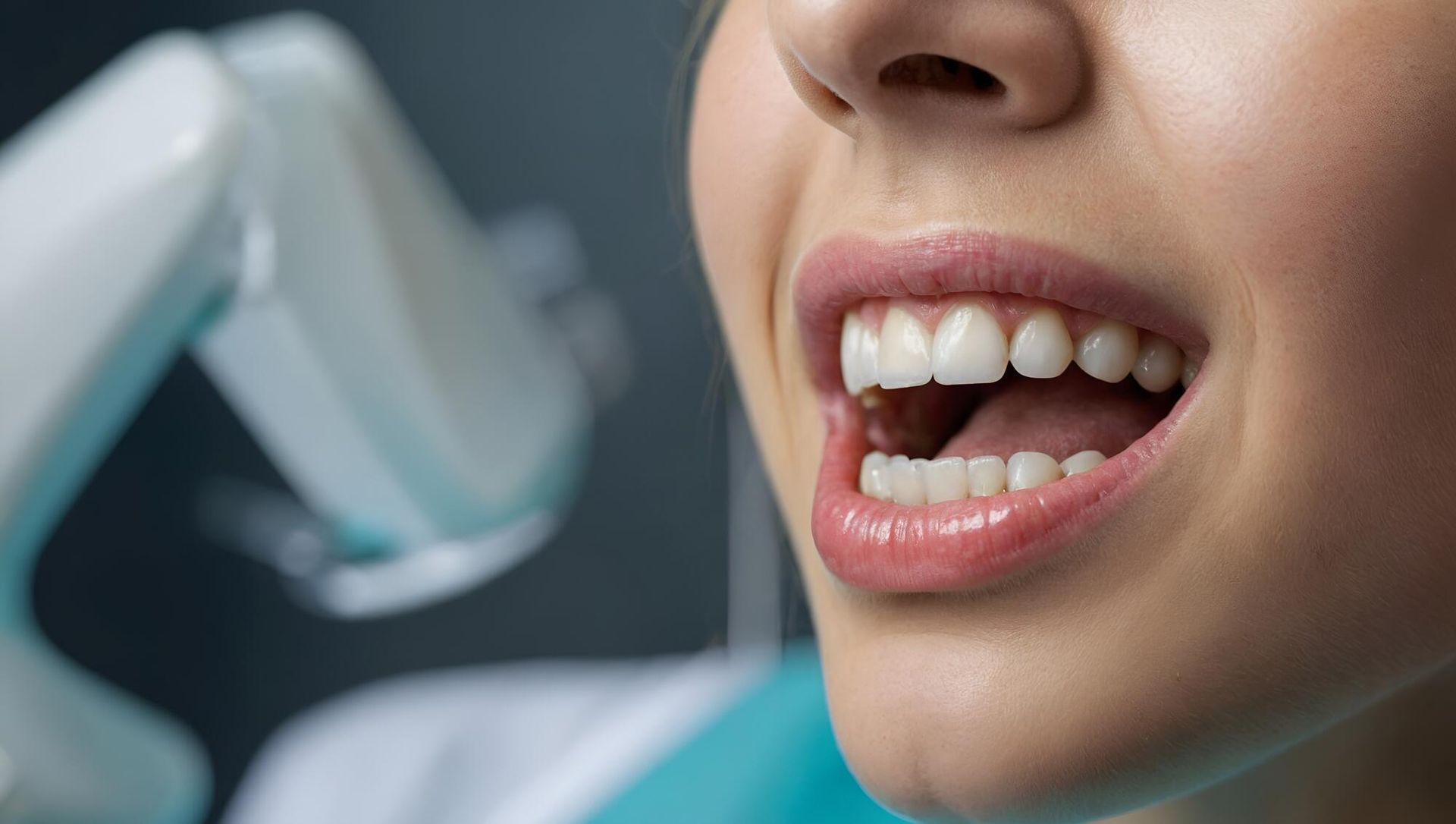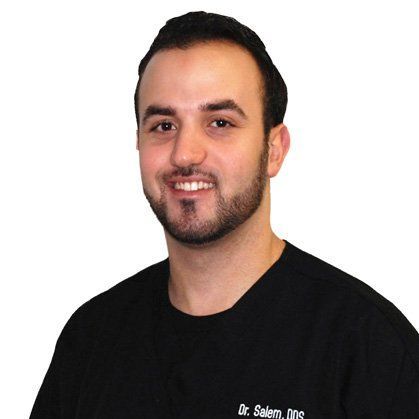What Are the Different Causes of Bleeding Gums?
What are the different causes of bleeding gums and how can you prevent this problem? Find out from a dentist in Riverdale, IL now.
You're trying to eat, but it's highly uncomfortable and even painful. Your gums feel tender, and they might even bleed, especially when you brush or floss.
Because it's so unpleasant, you're less motivated to keep up with brushing and flossing, and your gums just keep getting worse. Getting caught in a repetitive cycle is no good, so you need to get to the root of your problems. Otherwise, your gums won't ever get better.
Keep reading to see what a dentist in Riverdale, IL says are things that can cause bleeding gums, as well as how you can prevent and treat them.
Aggressive Brushing
It's recommended that you brush your teeth twice a day with a soft-bristled brush. If you're keeping up with this, then you're doing a great job of caring for your teeth.
However, there's such a thing as brushing too hard, especially if you're using a toothbrush with hard bristles. Your gums have delicate tissue, so it doesn't take much to damage that tissue and cause bleeding.
To prevent this from happening, switch to a soft-bristled brush. It's also optimal to use an electric toothbrush, as they have sensors to tell you if you're pressing too hard. This will prevent both bleeding gums and enamel loss.
Poor Oral Hygiene
As this dentist in Riverdale, IL has just suggested, you need to brush your teeth twice a day to ensure that food and plaque don't build up. Try for once in the morning and again at night before you sleep.
You'll want to floss your teeth too. This can remove the bits of food that your toothbrush can't reach.
In addition, if you have irregular or sporadic oral hygiene, this can cause your gums to bleed as well. You need to regularly remove dental plaque and bacteria effectively to keep your gums from becoming inflamed and bleeding.
Gingivitis
Not keeping up with oral hygiene will have consequencesmost notably, gum disease. The first sign of this is gingivitis, where you get gum inflammation. This happens due to plaque buildup along the gum line.
As plaque keeps growing, the bacteria will too, as they feed on plaque. The accumulation of both will irritate and inflame your gums, which leads to bleeding.
Other signs of gingivitis include:
- Gum discoloration
- Tender gums
- Soft gums
- Receding gums
- Bad breath (halitosis)
You can reverse these symptoms if you catch gingivitis early enough. Simply follow a good oral hygiene routine, and you'll see improvements. Otherwise, if the symptoms get change, or they get worse, see a dentist in Riverdale, IL to get professional treatment, such as scaling.
Ill-Fitting Dentures
Unfortunately, dentures won't always fit correctly on the first try. Ill-fitting dentures can rub and scrape against your gums. As a result, you'll suffer from small sores and scratches.
If this is happening to you, don't try to get used to it, as your bleeding gums will only get worse. You'll want to see a dentist to get your dentures refitted or even remade.
Even if you've been wearing your dentures for quite some time, they can still become ill-fitting. Your anatomy can change throughout the years, and this will cause the dentures to no longer fit perfectly.
Pregnancy
During pregnancy, your body goes through some incredible changes to accommodate the growing life inside of you. However, not all changes are welcome or pleasant ones.
You'll go through major hormonal changes, and this can increase blood flow to your gums. They can become more sensitive, as well as more prone to bleeding.
This condition is known as pregnancy gingivitis, and you can keep it at bay by being diligent with oral care. You can also get a professional cleaning from your dentist to ensure there's no plaque buildup.
If you're throwing up from morning sickness, then rinse your mouth afterward with water to prevent the stomach acid from damaging your teeth. Don't brush your teeth right after throwing up either.
Nutritional Deficiencies
Your body needs a steady supply of nutrients to stay healthy and strong. When you're lacking in essential nutrients, then your gum tissue can weaken; plus, it'll impair your body's ability to heal. These things added together can cause your gums to bleed.
It can be beneficial to get a blood test done to see which nutrients you're deficient in, such as vitamins C and K. You can then eat the optimal foods and take supplements to get those levels up to normal.
Systemic Diseases and Medications
There are certain systemic diseases that can weaken your immune system and your overall health. When your body isn't able to fight off bacteria as effectively, then it'll be easier for gum disease to occur. If you suspect you have a systemic disease, it's best if you make an appointment with your doctor to get the proper testing and diagnosis.
On the other hand, if you've already been diagnosed with a condition and are taking medications for it, they may be the culprits of your bleeding gums. For example, blood thinners can affect your body's clotting ability and increase the chances of bleeding. Speak to your doctor if you're concerned about the current medications you're on.
Eliminate Bleeding Gums With Expert Dental Help
Bleeding gums can be annoying and even concerning. But now, you know several causes, and can take steps to both fix and prevent it from happening again.
However, it's always good to check in with a dentist, especially if you haven't been to one recently. Not only can they help you figure out what's wrong, but they can also ensure your oral health is in the best shape possible.
Are you looking for a dentist in Riverdale, IL who can help with bleeding gums? Then
request an appointment with us now.
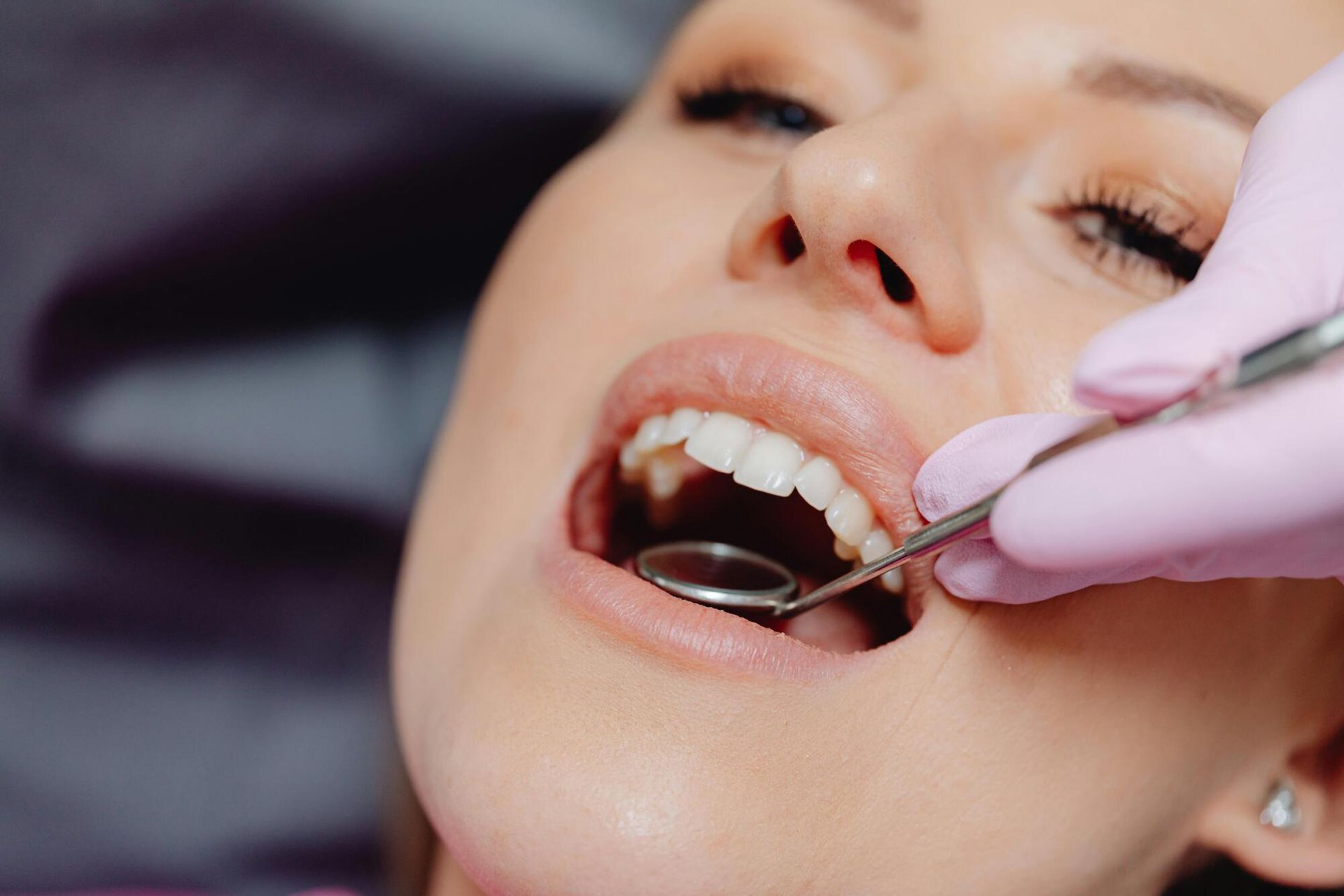

Dr. Munther Salem
D.D.S
Dr. Munther Salem grew up in the Southwest Suburbs of Chicago. He received his Bachelors of Science degree in Biology from Benedictine University. He then attended the University of Illinois at Chicago School of Dentistry, where he earned his Doctor of Dental Surgery degree. Dr. Salem is an active member of the American Dental Association, Chicago Dental Society, and Illinois State Dental Society. Dr. Salem has also been on two medical mission trips to Jerusalem treating special needs children. Dr. Salem enjoys traveling and spending time with his wife and daughter. Dr. Salem is happy to be back in the South Suburbs where he grew up to provide excellent patient care to the Ivanhoe Family.
Dr. Monil Shah
D.D.S
Dr. Shah completed his dental education at Boston University School of Dental Medicine and has been practicing dentistry since 1999. In the years since, he has devoted himself to creating an environment in which patients know they are welcome as soon as they walk in the door. He is focused on providing excellent dental care and helping patients stay comfortable throughout their visits. Dr. Shah believes in giving patients the time to ask questions about their health and providing them with knowledgeable answers.
Dr. Janani Gurukkal
D.D.S
Dr. Gurukkal is new to the windy city and excited to join the Ivanhoe team. She was born and raised in Nashville, TN. She received her Bachelors of Science in Kinesiology from the University of Kentucky. She then pursued her Doctor of Dental Medicine at the University of Louisville. After graduation, she completed an Advanced Education of General Dentistry residency at A.T Still University in Arizona. Dr. Gurukkal has always had a passion for healthcare. She understands the importance of oral health and how it can have a profound impact on your overall health. She enjoys taking her time to get to know her patients in order to provide them with the highest quality of care. Her goal is to create an environment where patients can feel safe and comfortable to get the treatment they deserve. Dr. Gurukkal is an active member of the American Dental Association, Illinois State Dental Society, and Chicago Dental Society. She devotes her time to continuing education in order to stay current with the latest advancements of dentistry.
Outside the clinic she has spent time volunteering in her local community as well as abroad. In her free time, Dr. Gurukkal loves traveling and spending time with her family.
Dr. Ken Arrietta
D.D.S
A firm believer in patient education, Dr. Arrieta is a specialist in periodontics, the treatment of all the supporting structures of the teeth, including the gums, and the placement of dental implants. Dr. Arrieta’s skills enable many patients to complete their entire treatment plans at our location, avoiding the necessity of being referred to another office.
After completing his undergraduate studies at Loyola University, where he also made the Dean’s List, Dr. Arrieta earned his Doctorate of Dental Surgery at Northwestern University School of Dentistry. He continued his advanced specialist training at the University of Iowa where he received his Certificate in Periodontics.
Dr. Ravneet Bhullar
D.D.S
Dr. Ravneet Bhullar grew up in the heart of Atlanta, Georgia. He received his Bachelors of Science degree in Biology from the University of Georgia. Go Dawgs! Soon after Dr. Bhullar earned his Doctor of Dental Medicine degree from the University of Louisville School of Dentistry. Dr. Bhullar is an active member of the American Dental Association, Chicago Dental Society, and Academy of General Dentistry. Dr. Bhullar loves helping his patients' smile and helping them to maintain their oral health. When Dr. Bhullar is not in the office, he enjoys traveling to new places and spending time with his fiancée and their lovely cavalier poodle named Bean. Everyday Dr. Bhullar looks forward to learning more about his patients and providing them with all their dental needs!




